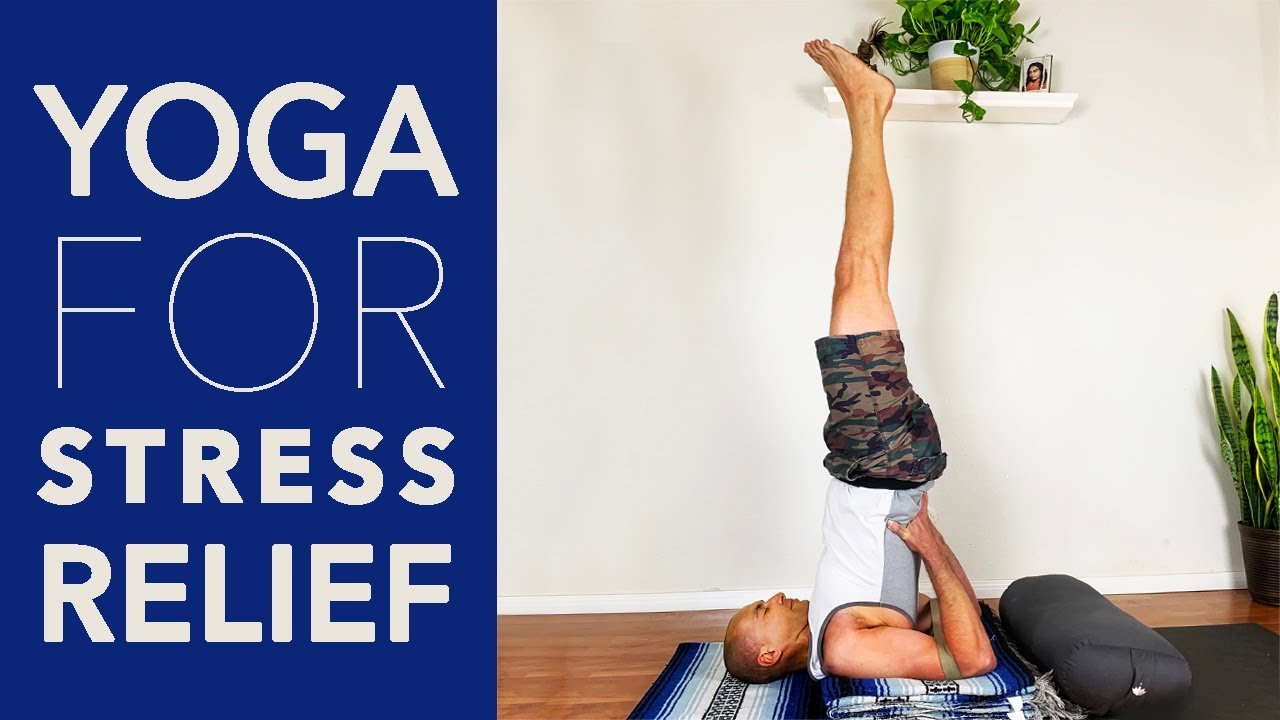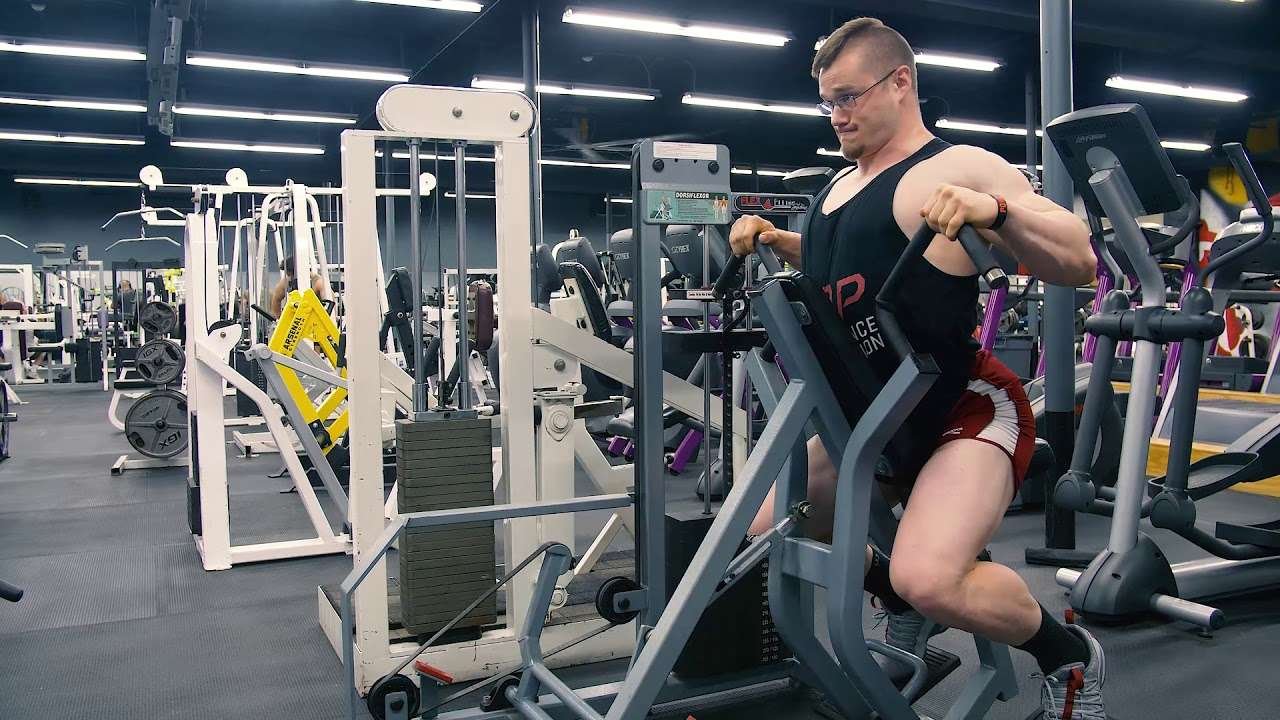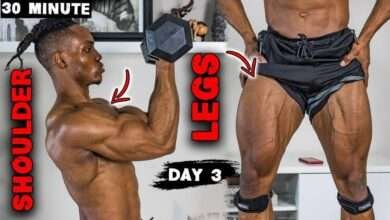The Best 10 Yoga Poses for Stress Relief
Yoga Poses for Stress Relief
Stress is a natural part of life, work, family, everything. It does not have to take over, though; this is where yoga comes in. So, how can sitting and stretching on a mat help with stress, anyway? Well, let’s dive into the magic of yoga and go through some poses that are specially designed to melt away your stress. Yoga poses for stress relief with the power to transform and heal.
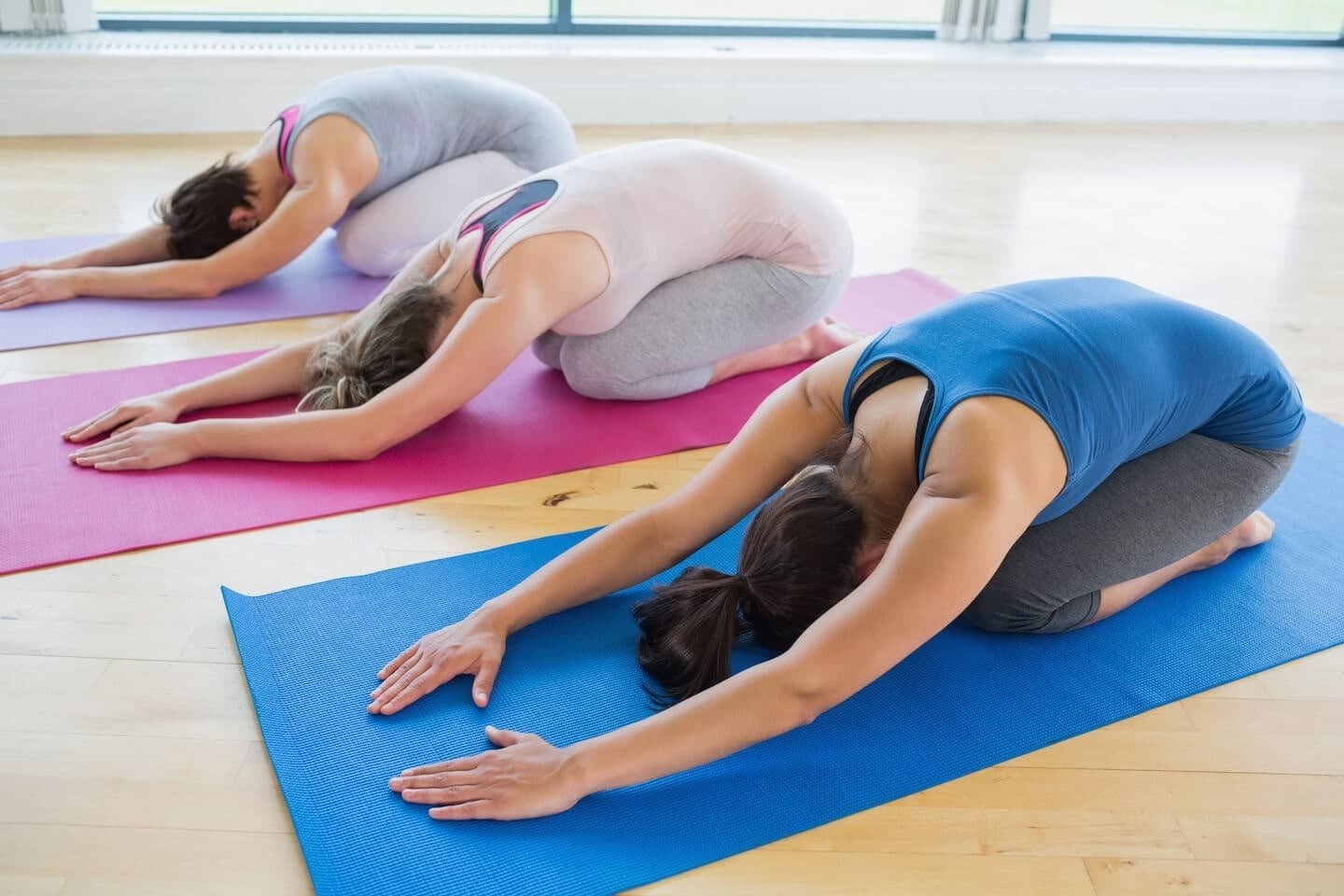
The Health Impacts of Stress
Why is stress such a big deal? It’s because chronic health problems may be caused by it – anxiety, depression, insomnia, or heart disease. When you’re overwhelmed, your body goes into fight-or-flight mode; it dumps cortisol (which is actually good for you in the short term but can jack you up long-term). Yoga poses for stress relief.
The Way Yoga Fights Stress
Yoga addresses stress at its core by healing both the mentality and physique. This is done by stimulating our ‘rest and digest’ (parasympathetic) nervous system. This brings down heart rate, blood pressure, etcetera. Also, any physical exercise, including yoga, releases endorphins, which are natural mood enhancers! Yoga poses for stress relief.
How Does Help With Yoga Poses for Stress Relief?
Yoga And The Nervous System
To decrease anxiety while increasing relaxation time, yoga balances both branches of the autonomic nervous system (sympathetic and parasympathetic).
Cortisol Levels And Yoga Poses for Stress Relief
Several research projects have shown that people who practice yoga often tend to have significantly lower levels of cortisol present in their bodies compared to those who don’t exercise regularly at all or only do so occasionally. Cortisol is an indicator of stress means that lower amounts indicate less anxiousness coupled with greater peace of mind and overall quietude.
Getting Started With Yoga Poses For Stress Relief
Setting Up Your Space
Finding somewhere quiet in your house where you can roll out a mat and have uninterrupted time is important for creating that calm environment needed during this practice.
Necessary Yoga Materials
You don’t need much to start doing yoga; get yourself comfortable. Clothing blocks and straps are optional depending on what kind of poses or stretches feel right with your body at any given moment. Also, remember shoes aren’t typically worn, but socks may be used if desired.
Best Yoga Poses For Stress Relief
Child’s Pose (Balarama)
How to Do Child’s Pose
Start by bowing down and, afterward, sitting back towards your heels. Separate your knees about the distance of your hips and present the chest area, resting it between the thighs. Broaden arms long before you with palms confronting.
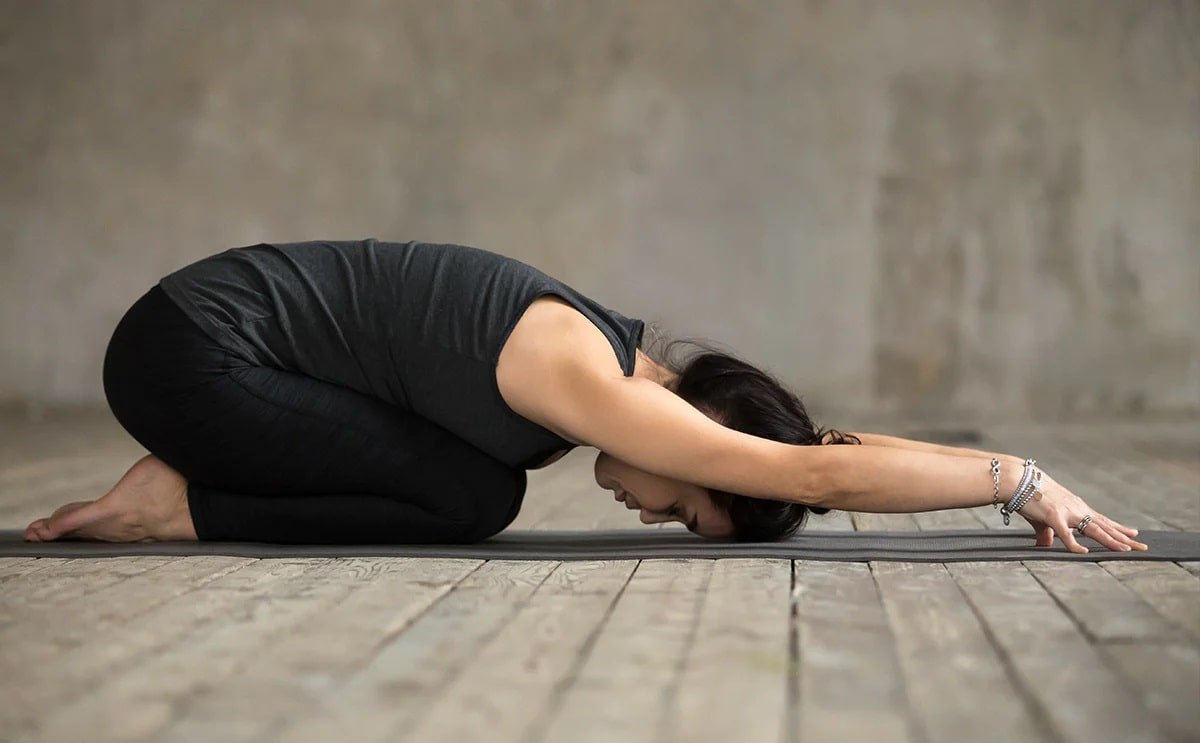
Benefits of Child’s Pose
This pose softly stretches the lumbar spine, pelvis, and legs while quieting down mental activity. It’s a nice way to ground yourself before you start moving.
Cat-Cow Pose
How to Do Cat-Cow Pose
Come onto hands and knees with wrists under shoulders and knees under hips. Inhale arching spine dropping belly down towards mat lifting head tailbone (Cow). Exhale rounding through the upper back, drawing navel towards the spine, tucking the chin to chest (Cat). Continue moving between these two poses as you breathe deeply.
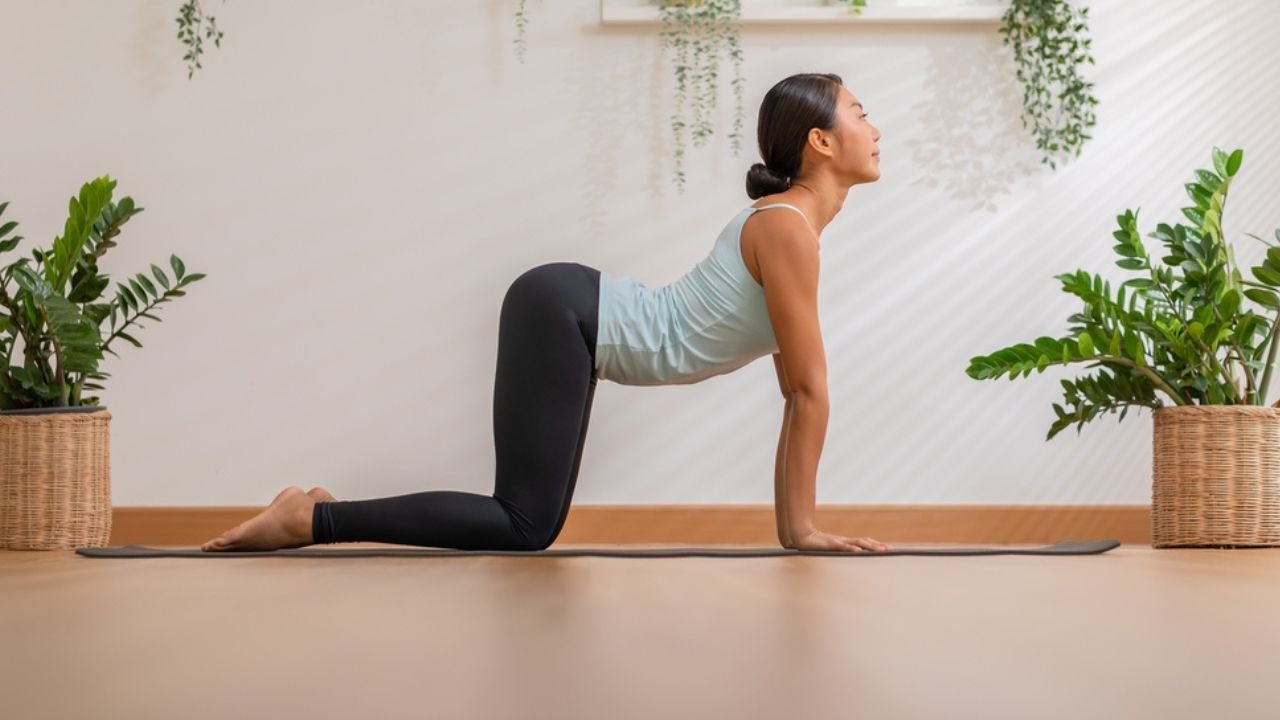
Benefits of Cat-Cow Pose
This makes the spine more flexible and massages belly organs, thereby increasing blood flow in them as well as relieving neck pain and lower backache.
Take a position with your feet apart at hip width. Inhale and lengthen your backbone, then exhale and fold forward from the waist while placing your hands on the shin or floor, letting your head hang heavy.
Benefits of Standing Forward Fold
It stretches the calves, hamstrings, and hips, reducing stress levels while also calming the mind, thus relieving headaches.
Legs Up The Wall (Viparita Karani)
How to Do Legs Up The Wall Pose
Sit near a wall, then swing your legs up so that one is lying down on the ground. Move backward until your sit bones touch the wall; rest your arms by your sides.
Benefits of Legs Up The Wall
This mild inversion enhances circulation, hence minimizing leg swellings; it also gives a good stretch at the back part of the legs, which can be deeply relaxing, thus helping to soothe the nervous system.
Bridge Pose (Setu Bandhasana)
How to Do Bridge Pose
Lie flat on your back with knees bent and feet flat on the floor about hip-width apart as you lift your hips towards the ceiling, press into feet, clasping hands under your back.
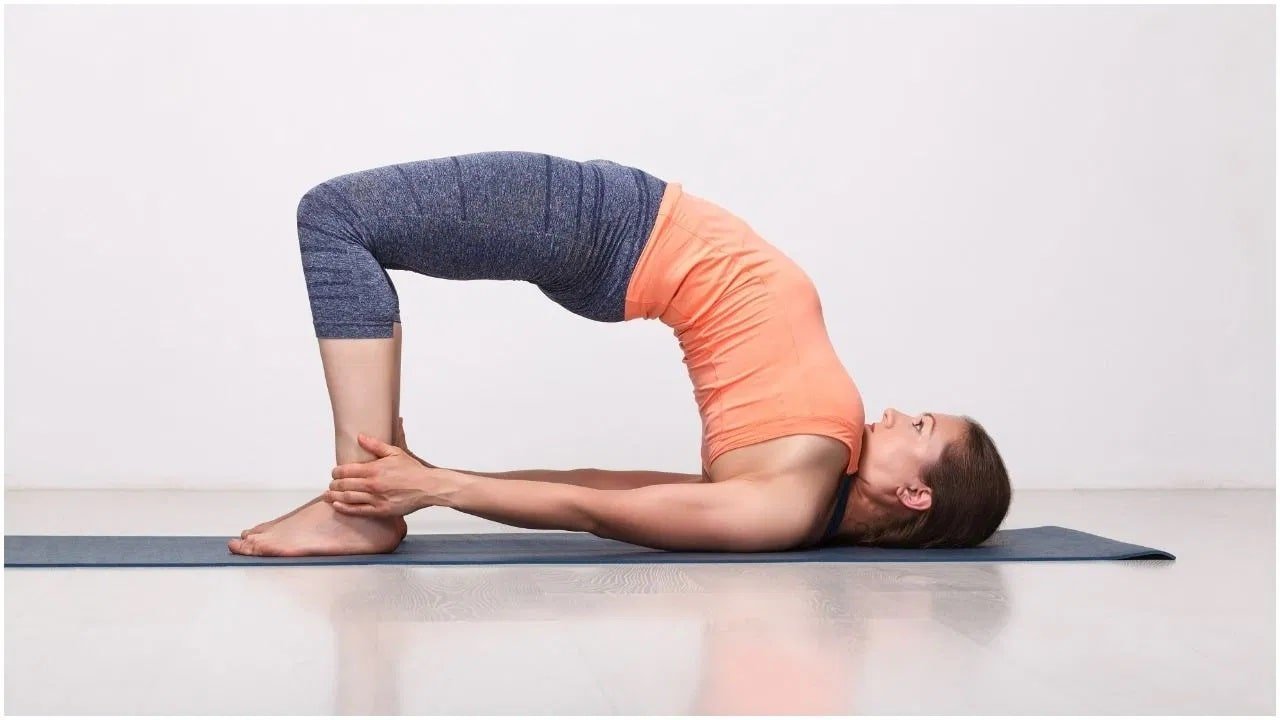
Benefits of Bridge Pose
The bridge pose strengthens back muscles while opening the chest and releasing tension along the spine. It is an energizing posture that combats fatigue.
Corpse Pose (Savasana)
How to Do Corpse Pose
Lie level on your back with your legs expanded straight out before you, arms resting at your sides, and your palms looking up toward the sky. Shut your eyes, take full breaths, and permit your body to unwind totally.
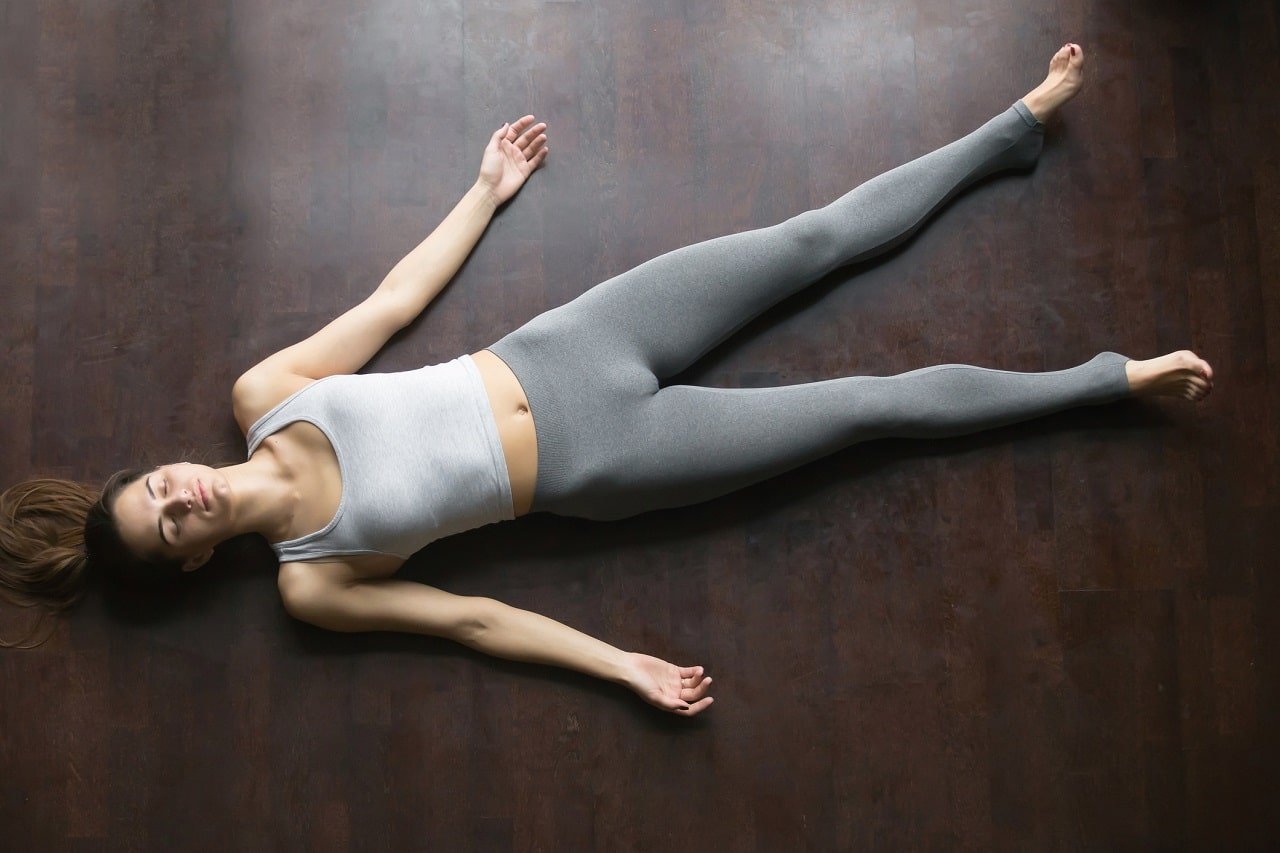
Benefits of Corpse Pose
Also known as savasana or final relaxation pose–this posture allows practitioner(s) time for integration after practice has been completed, fully allowing benefits received from a yoga session to become integrated into the individual’s life, ensuring true holistic well-being achieved some tumoroid spent practicing regularly such pose excellent reducing stress levels within the body helping create peace within oneself thereby promoting sleep quality.
Breathing Practices that Complement Yoga
Diaphragmatic Breathing
This is a strategy in which one practices profound breathing into the stomach rather than shallow chest breaths; it initiates the parasympathetic sensory system, advancing generally unwinding all through the body.
Alternate Nostril Breathing
Also called nidi Shoshana, this practice helps balance the left and right hemispheres of the brain, thereby reducing anxiety while inducing calmness.
Designing a Stress-Relief Yoga Sequence
Combining Poses for Maximum Benefit
Flow poses mentioned above together seamlessly. Start with Child’s Pose to center yourself, move through Cat/Cow to warm up your spine, then go into Standing Forward Fold and Legs Up Wall for deeper relaxation. Finish off with the Bridge pose, followed by the Corpse pose.
Duration for Holding Each Posture
Each stance should be held for no less than 5-10 breaths so the body can subside into the stretch and the psyche can calm down. Yoga poses for stress relief.
Role of Meditation in Managing Stress Levels
Simple Meditation Techniques
At first, let the focus of your meditation be on present-moment awareness (mindfulness). Sit comfortably with closed eyes. Be aware of only the breathing process without judgment or expectation. Whenever thoughts arise, return gently to the cycle of inhalation and exhalation as many times as required until stillness is reached within mental space.
Guided Meditation Resources
End your day with supportive stances, for example, Advantages the Wall, Leaning Back Butterfly Posture, and Savasana, to unwind and plan for a decent night’s rest.
Tips for Sticking With Yoga Poses for Stress Relief
Setting Realistic Goals
Set achievable goals for your Yoga poses for stress relief practice. Even just 10-15 minutes daily can create a significant impact.
Finding a Yoga Community
Being essential for a yoga class or local area can give you inspiration and backing. Joining a gathering, either face-to-face or on the web, will guarantee that you are responsible for your training.
Conclusion
Yoga poses for stress relief is an amazing way to manage stress. By incorporating simple poses and breathing techniques into your daily routine, you can find release from life’s pressures and foster peace within yourself. So roll out that mat, take a deep breath in, and start your journey towards living without worries now!


